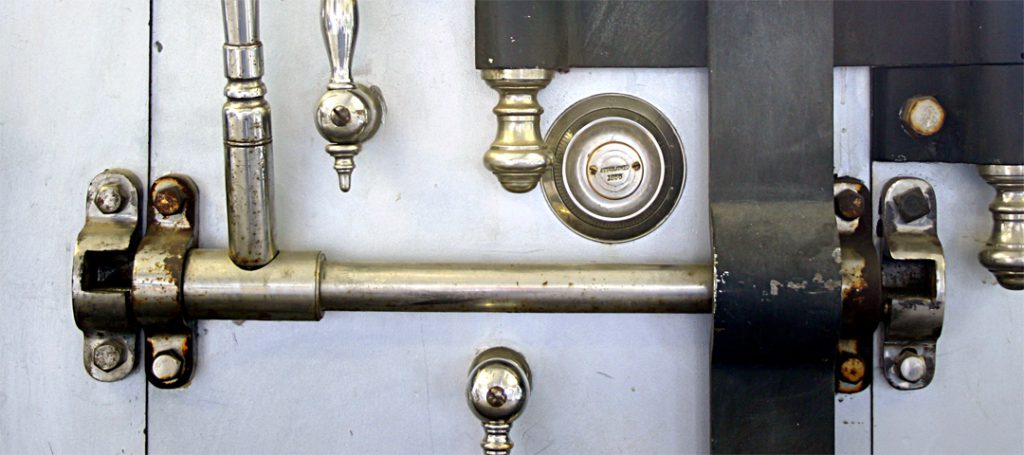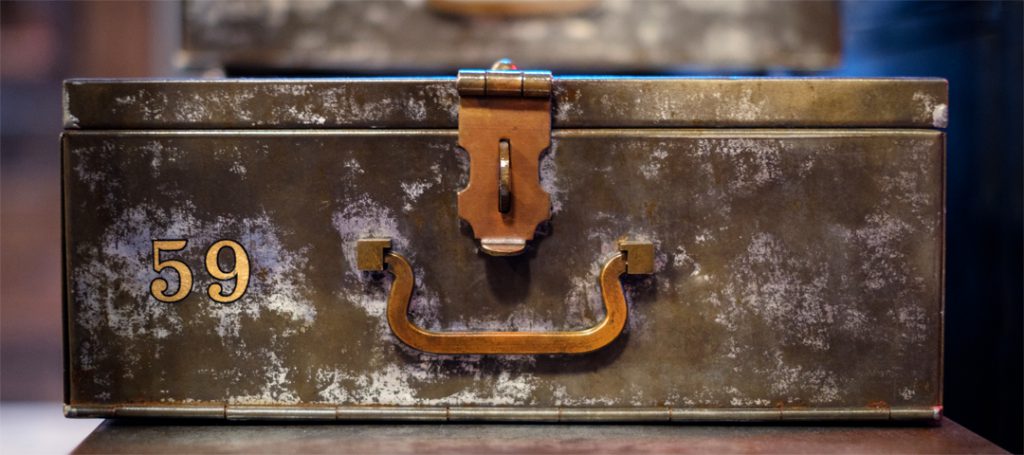The password problem: No matter where you go, whether one of your marketplaces, social media platforms, a bank, or other sites you visit, you need a password. It is a task to try to keep track of them all. You may cut a few corners and use the same password for multiple websites. Is this a safe approach?
Password protection is more important than ever before. Even government agencies, hospitals, and the well-known retailers have been victims of data breaches. The last thing you need is to have your private data, or that of your customers, stolen! While it is impossible to be entirely sure your accounts are safe, having stronger passwords that you change regularly is your first line of defense. The problem is how to manage your passwords – and find them when you need them! Basic password management involves several well-established rules.
Rule 1: Every site should have a different password
As annoying as it may be, you are far safer using a different password for every site. Once a hacker discovers a single password, they can access all of your private information, from banking to customer details to even reading your private conversations. You must have a different password for every site to protect your information.
Rule 2: Change your passwords often
Every three months, change all of your passwords. The longer you use a password, the more likely a hacker will find a way to access your private information.
Rule 3: Don’t make it personal
Your passwords should not include pet names, children’s names, or other information that a crafty hacker could figure out.

Rule 4: Make them long!
The longer the password, the harder they are to hack. Every password should be at least eight characters long and even longer if possible. The longer the password, the harder it is to hack. The trick is to have a long password that you can remember!
Rule 5: Use a mix of characters
Use upper and lower case letters, numbers, and other characters in your passwords. The more characters, such as @, $, !, or others, the harder it is for a bad actor to find.
Saving Passwords: Do’s and Don’ts
Keeping track of your passwords is not difficult, but you need to do it right. Keeping them on a list at your desk is a “no.” Creating a spreadsheet on your computer to save them is a very bad idea. With so many accounts and passwords, you need to change every quarter – it is impossible to imagine you could remember them all! That’s when a password manager is your friend.
Password Managers Make it Easy
A password manager makes it simple to keep you passwords safe. You won’t have to remember your passwords for all the sites you visit or use for your business – these programs do it for you. Some are free, and some charge a fee. The password manager keeps track of your passwords every time you log onto a site and keep them in a digital “vault.” The password manager will then automatically fill in your passwords when you return to a site.
PC Magazine has created a list of the best password managers for 2021. Free versions of some programs have limits on the number of passwords you can save – you may want to invest in the professional version of one of these services:

Your Marketplace Passwords
Just like all sites you visit that require a password, each of your marketplaces should have a different password. Gone are the days of using the same password for every site! While habits are hard to break, keeping your data – and your client data – secure matters. You don’t want to have to inform all of your contacts that you have been the victim of a data breach! While data breaches can be solved, they are complex to resolve, expensive, and time-consuming.
At Ronati, we want you to spend your time doing what you do best – discovering incredible new pieces, selling them in volume, and enjoying what you do – not struggling with a data breach! As a side note, you should know that when you use the eCM, we do not have access to your passwords! We take security seriously!




